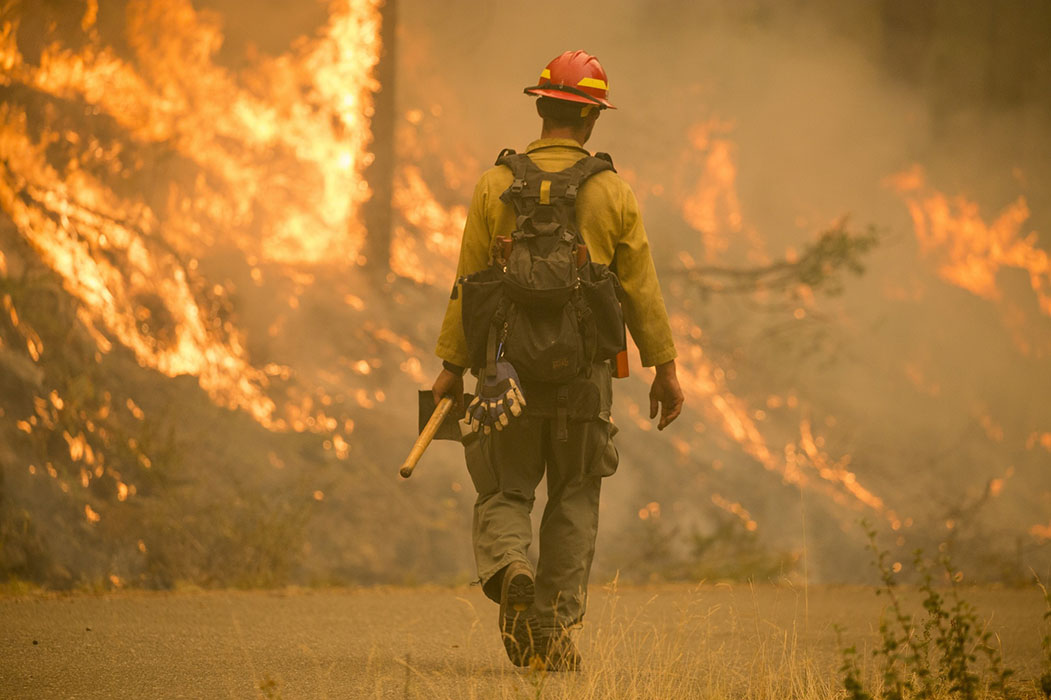Firefighters may have an increased risk of prostate cancer because of on-the-job chemical exposures, according to new research from the University of Arizona Mel and Enid Zuckerman College of Public Health and University of Michigan in collaboration with fire service partners and researchers around the United States through the Fire Fighter Cancer Cohort Study. Firefighters are diagnosed with prostate cancer at a rate 1.21 times higher than the general population, possibly because of chemical exposures, including smoke and firefighting foam, during firefighting.
ONS Perspective
First responders, particularly firefighters, face higher cancer risks from exposure to toxic chemicals and other factors. The University of Arizona's new research connects per- and polyfluoroalkyl substance exposure to prostate cancer risk, but previous studies have associated the carcinogens with additional cancers, such as renal cell carcinoma of the kidney among assigned females and chronic lymphocytic leukemia or small lymphocytic lymphoma among assigned males.
Firefighters have a significantly higher risk for being diagnosed and dying from cancer than the general U.S. population. Cancer is the leading occupational illness affecting firefighters, and research is emerging on whether families of firefighters are also at increased risk for cancer.
ONS is addressing disparities in cancer diagnosis, including those among specific populations. Read our letter of support for legislation to provide enhanced cancer screening for firefighters and the Centers for Disease Control and Prevention’s National Firefighter Registry to better understand the link between occupational exposure and cancer among firefighter populations.
Advocacy Resources
- Bipartisan Group of Senators Unveil Long-Awaited Guidance on AI Bills
- FDA’s Delayed Menthol Cigarette Ban Puts Focus on Local Laws
- GOP Tempers Expectations on Appropriations Bills
- The HPV Vaccine Prevents Head and Neck Cancers in Men, Study Suggests
- How Noncompete Ban Could Shake Up Healthcare Landscape
ONS Resources
- Advocacy Health Policy Webinar: Addressing Cancer Care Barriers for Asian Americans, Native Hawaiians, and Pacific Islanders
- Oncology Nursing Podcast Episode 308: Hazardous Drugs and Hazardous Waste: Personal, Patient, and Environmental Safety
- Oncology Nursing Podcast Episode 284: How AI Is Influencing Cancer Care and Oncology Nursing
Visit the ONS Action Center to find the most urgent issues for oncology nursing advocacy, learn about your elected officials and candidates, look up specific legislation, and sign up to be notified when ONS, the profession, or your patients need your voice.






